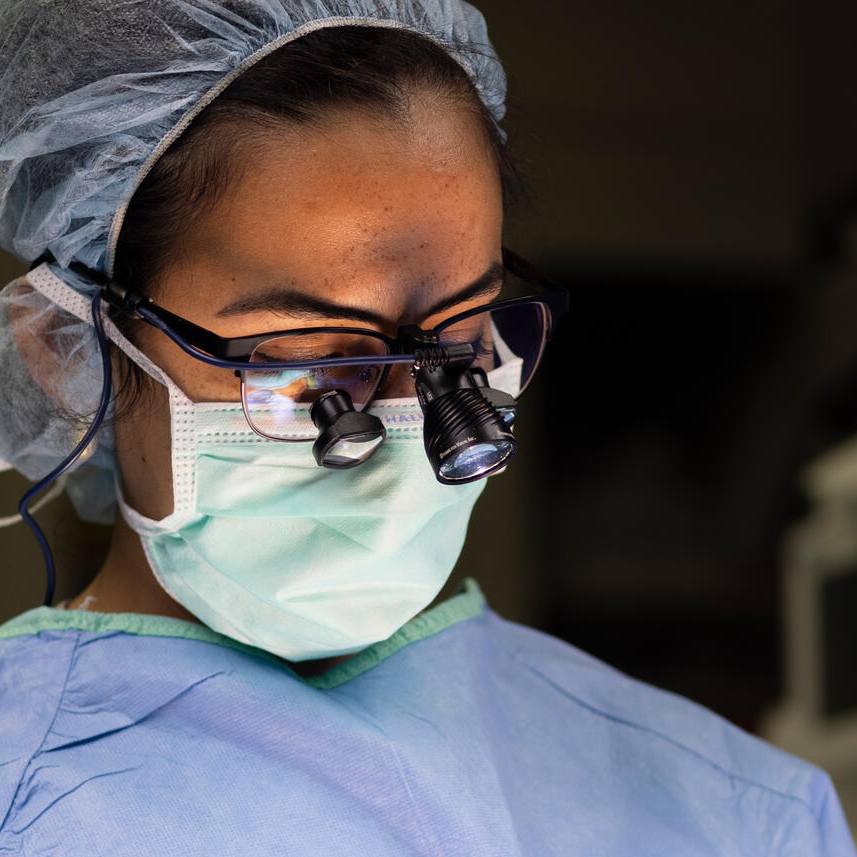-
Gut Bacteria Can Predict Treatment Response and Recurrence of Clostridium Difficile
, also called C. difficile, is a bacterium that can cause symptoms ranging from diarrhea, abdominal cramping and fever to life-threatening inflammation of the colon. Some patients with C. difficile do not benefit from standard therapy and the condition frequently comes back.
Now researchers in the Mayo Clinic Center for Individualized Medicine have new hope for selecting the right treatments for patients to stop the infection and alleviate painful symptoms sooner. They have discovered changes in the gut microbiome, the community of bacteria in the digestive tract, that predict how a patient with C. difficile will respond to treatment.
Purna Kashyap, M.B.B.S., of the Department of Gastroenterology and Hepatology, and associate director of the Center for Individualized Medicine Microbiome Program, and colleagues conducted a study of patients with C. difficile, finding gut microbiome signatures that predict treatment response and recurrence. This is important because those patients who will not benefit from the standard antibiotic therapy or have a high likelihood of recurrence can be given alternative therapies sooner. The study of “Gut Microbiome Predictors of Treatment Response and Recurrence in Primary Clostridium Difficile Infection” is published in the Aug. 2 edition of Alimentary Pharmacology and Therapeutics.

“In this study, we identified microbiome markers at the time of initial diagnosis that can predict response to therapy in patients with C. difficile infection. This would allow early identification of patients who are less likely to respond to conventional treatment and candidates for alternate therapy such as fecal microbiota transplant,” says Dr. Kashyap.
The study included 88 patients who had experienced their first episode of C. difficile infection. Researchers collected and analyzed pre-treatment stool samples using DNA-sequencing for the gene encoding 16S rRNA, to identify changes in the gut microbiome. Investigators then correlated these bacterial changes to how well patients responded to treatment, enabling them to identify predictors of treatment response and recurrence.
“This study highlights the utility of next generation microbiome-based precision medicine tools for personalized treatment approaches. Our findings provide an example of how microbiome-based diagnostics can improve patient care by selecting the right treatment for patients,” says Dr. Kashyap.
Each year in the United States, more than half a million people get sick with C. difficile. In the past, C. difficile occurred most frequently in patients taking antibiotics or those over age 65 in a hospital or long term care facility. However, the number of younger, healthy adults with C. difficile is increasing and in recent years, C. difficile infections have become more frequent, severe and difficult to treat.
According to Dr. Kashyap, the next phase of research will focus on validating the findings and developing laboratory tests to identify microbiome predictors.
Additional authors on the research team include Sahil Khanna, M.B.B.S., Robin Patel, M.D., Darrell Pardi, M.D., and Bradley Schmidt, all of Mayo Clinic; Emmanuel Montassier, M.D., Ph.D., Université de Nantes, France; and Dan Knights, Ph.D., University of Minnesota.
The study was supported by the Mayo Clinic Center for Individualized Medicine, and grants from the Minnesota Partnership for Biotechnology and Genomics, and National Institutes of Health.
Join us to learn more about the microbiome and other aspects of precision medicine
Learn more about ongoing research efforts in the Center for Individualized Medicine’s Microbiome Program, including current research projects and stories about how this research has helped patients.
Hear experts discuss the latest research in precision medicine, including exploration of the microbiome, and how individualized medicine can improve treatments for many conditions, such as heart disease, cancer, rheumatoid arthritis, Alzheimer's disease and autism.
Attend Individualizing Medicine 2016: Advancing Care Through Genomics. The Mayo Clinic Center for Individualized Medicine, is hosting the fifth annual genomics conference, October 5–6, in Rochester, Minn.
- For a complete schedule and list of speakers, visit the conference website.
- You may also learn more about the conference on the video blog series, “Story by Story.”
- Follow the latest news related to the conference on the Center for Individualized Medicine blog, Facebook, LinkedIn or Twitterat @MayoClinicCIM and use the hashtag #CIMCon16.
The Mayo Clinic Center for Individualized Medicine is hosting the conference with support from the Satter Foundation.









